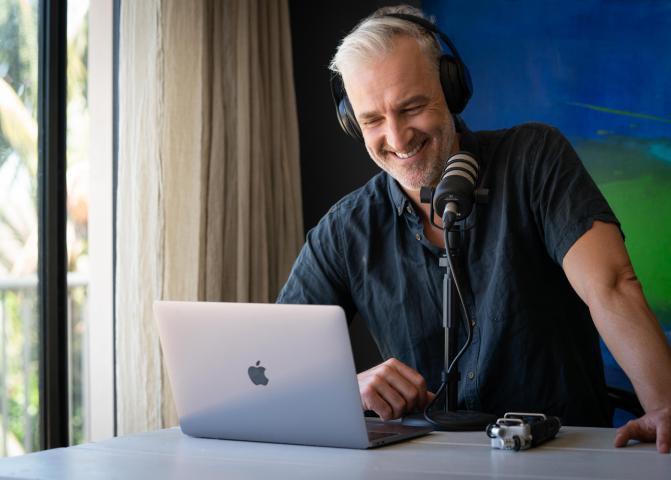
Podcasts
Listen to our podcast series providing you with the latest information on digital health from experts in their field.
4 April 2024
What is a My Health Record security and access policy and why do I need one?
View What is a My Health Record security and access policy and why do I need one?18 October 2023
Cyber Security: Enabling the next frontier of healthcare
View Cyber Security: Enabling the next frontier of healthcare12 September 2023
Data recovery tips - Do you have a response plan?
View Data recovery tips - Do you have a response plan?24 July 2023
Telehealth - cybersecurity and privacy considerations
View Telehealth - cybersecurity and privacy considerations2 November 2022